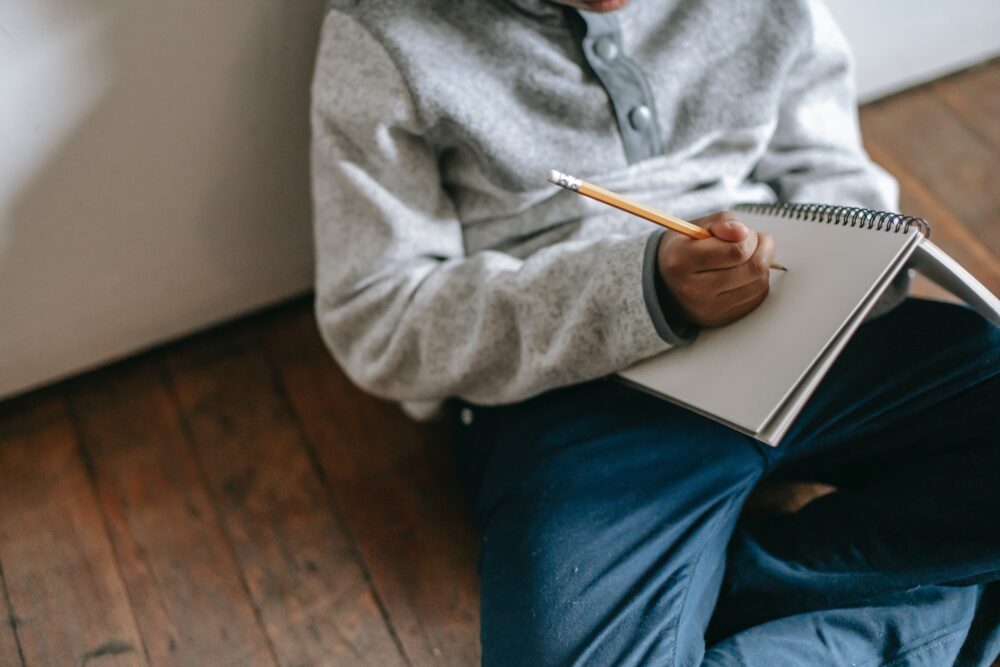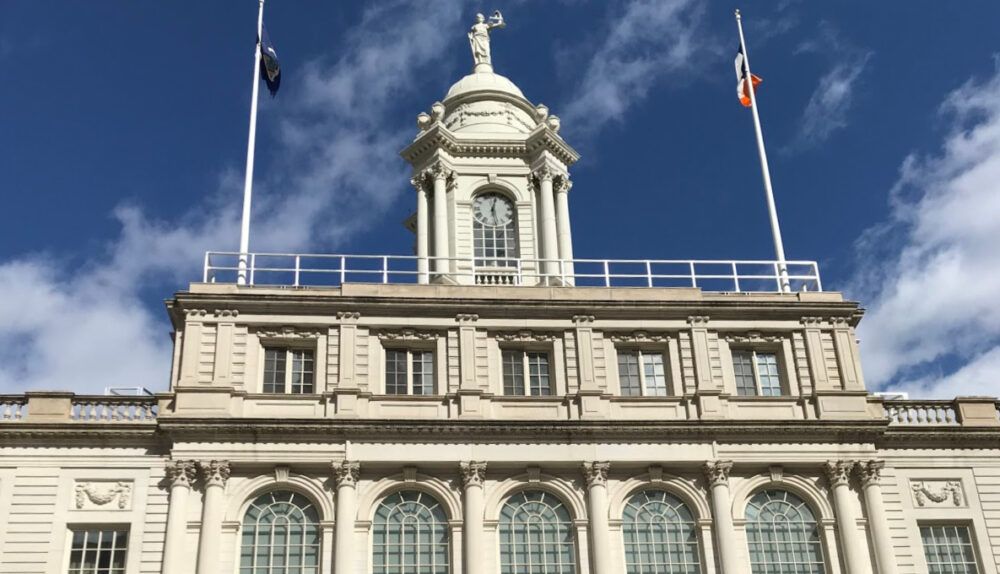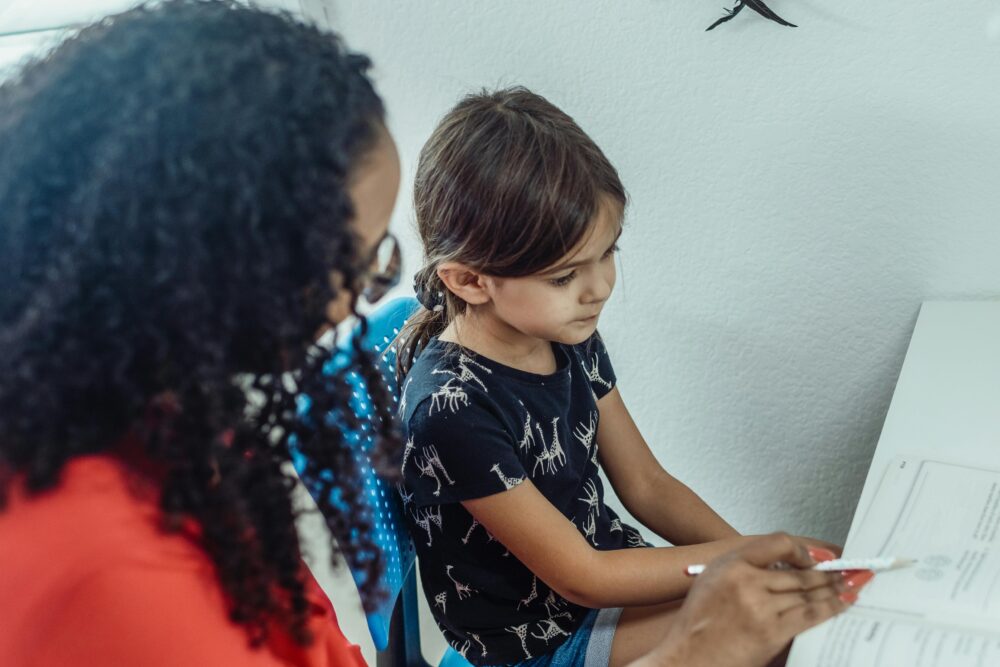More than 31,000 NYC Students Did Not Fully Receive Required Special Education Instruction Last Year
Advocates for Children of New York (AFC) issued the following response to the release of the New York City Department of Education (DOE)’s special education data report for the 2019-20 school year.

While the numbers released today are troubling on their own—31,678 New York City students did not fully receive their mandated special education instruction last year—they vastly understate the true extent of unmet need stemming from the pandemic. For example, a student who lost weeks of instructional time because they lacked needed technology for remote learning would still be considered “fully” served for purposes of this report if they had been in a special education class prior to the closure of school buildings, as would a student who received little or no live instruction from a teacher from March through June. The data also do not capture the significant regression many students experienced because their special education supports simply did not translate online.
The data released today also reflect a worrisome 26.6% decline in the number of initial referrals for special education evaluation, which suggests that concerns about students’ progress were put on hold in light of COVID-19. As the DOE did not conduct any psycho-educational evaluations, either remotely or in person, this past spring, there was also a significant spike in the proportion of cases still open at the end of June (11.2% of all initial referrals in 2019-20, not including cases awaiting parental consent, compared to 7.7% the previous year). Many of these 1,800 students with open cases started the new school year still waiting for additional supports to be put in place to help them learn.
In addition, the proportion of cases that were simply closed without an IEP meeting being held at all increased from 14.9% in 2018-19 to 21.4% in 2019-20. Since March, AFC has heard from multiple families who were incorrectly told that they could not move forward with the special education process because of COVID-19 and their child’s case would be closed without an evaluation—even though the student was struggling and clearly in need of special education services. The DOE very recently began offering face-to-face assessments to a limited number of students, but there is nevertheless a backlog that must be addressed in order to ensure that students have the support they need to make progress during remote and blended learning.
“Despite the substantial challenges brought by the pandemic, the City still has a responsibility to provide all children with disabilities with an appropriate education,” said Kim Sweet, AFC’s Executive Director.
To move forward from here, the DOE should:
- Give parents access to their children’s special education records online, so they have real-time information about what is and is not being provided;
- Develop a system to ensure that students receive the compensatory services they need to make up for what has been missed; and
- Prioritize in-person instruction and related services for all students with disabilities whose families want that option.
Ms. Sweet added, “Prior to the pandemic, the DOE was making important progress toward improving special education in New York City, and it will take commitment and resources to get that work back on track. The City must redouble its efforts to ensure that no student with a disability falls through the cracks, even during these challenging times.”


